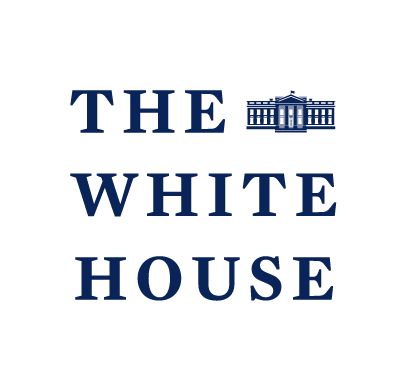U.S. Proposes International Standards for AI Development
by
November 10th, 2023
Audio Presented by

The White House is the official residence and workplace of the president of the United States.
About Author
The White House is the official residence and workplace of the president of the United States.
